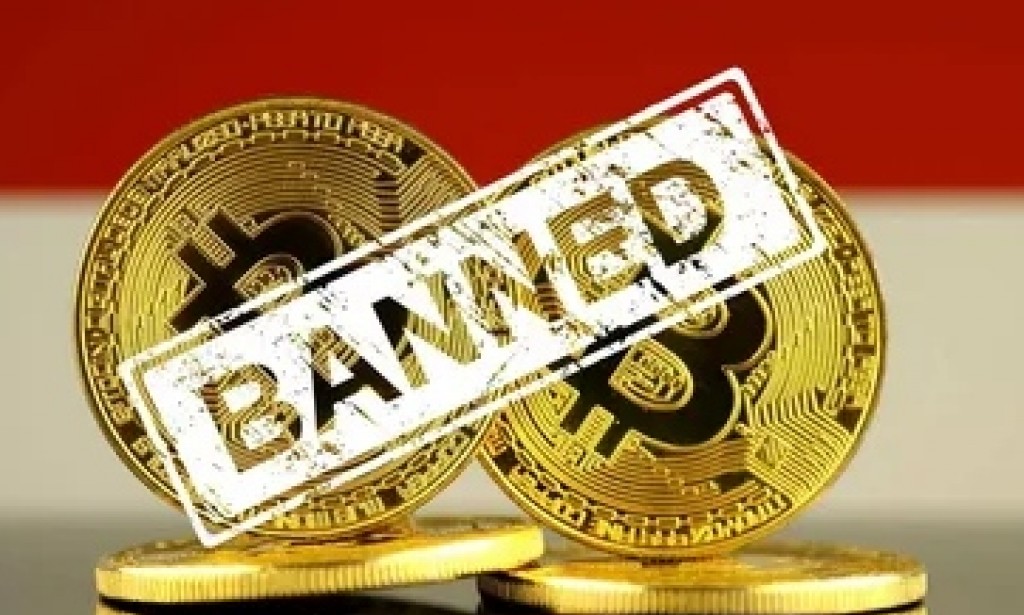Since 2014, the Central Bank of Bolivia has equated bitcoin and other cryptocurrencies with pyramid schemes. Prior to that, Bolivia became the first country to ban the use of any cryptocurrency.
A similar situation has been observed in Ecuador since 2014. The country also banned decentralized cryptocurrencies, which are not controlled by the authorities.
A ban on cryptocurrencies in Bangladesh was announced in 2017. The central bank called for refraining from any transactions with the asset.
The Central Bank of Nepal imposed a ban on cryptocurrencies in 2017. In the same year, the leaders of the cryptocurrency exchange One Coin Digital Currency were arrested.
Algeria introduced the ban in 2018. The law provides measures for storing, using, trading and buying coins.
Qatar's Central Bank banned financial institutions from dealing with cryptocurrency back in 2018. Since January 2020, the ban affected all transactions related to payment units.
Another Arab country that banned cryptocurrency in 2018 was Egypt, which listed transactions with the asset as a sinful act. Religious jurists believe that cryptocurrencies threaten the country's economy and national security.
In South Korea, authorities announced a ban on private zcash (ZEC) and monero (XMR) coins from early 2021. Since March 2021, crypto-exchanges excluded anonymous coins from their listings.
As of February 5, 2021, the Central Bank of Nigeria banned banks from serving customers whose accounts are linked to cryptoplatforms.
As of April 30, 2021, Turkey has banned cryptocurrencies and applies to any transactions for settlements between citizens and organizations.


You must be logged in to post a comment.